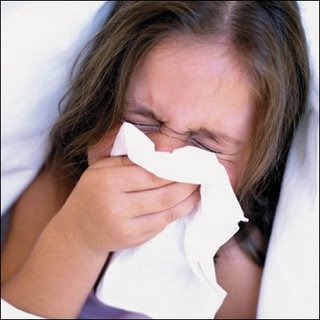 When influenza pandemics arrive, the specter of disease spread through person-to-person contact can mean that schools close, hand sanitizer sales rise, and travellers stay home. But is severing social and business interactions with our neighbors really better than taking a chance on getting sick?
When influenza pandemics arrive, the specter of disease spread through person-to-person contact can mean that schools close, hand sanitizer sales rise, and travellers stay home. But is severing social and business interactions with our neighbors really better than taking a chance on getting sick?
“Infectious disease can mean making trade-offs between the risks and rewards of meeting others,” says Eli Fenichel, Arizona State University assistant professor and lead author of the study. “It’s critical that we more clearly understand the role that human decisions play in transmitting disease.”
Fenichel is co-organizer of the SPIDER (Synthesizing and Predicting Infectious Disease While Accounting for Endogenous Risk) Working Group at NIMBioS. SPIDER has developed a better model for understanding the role of adaptive human behavior in the spread of disease. The group’s work appears in this week’s online edition of the journal Proceedings of the National Academy of Sciences (PNAS).
